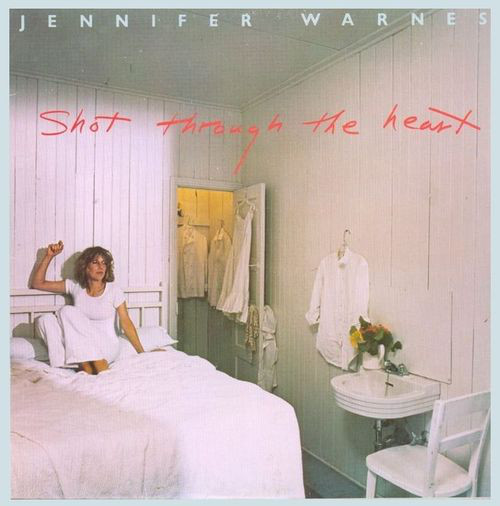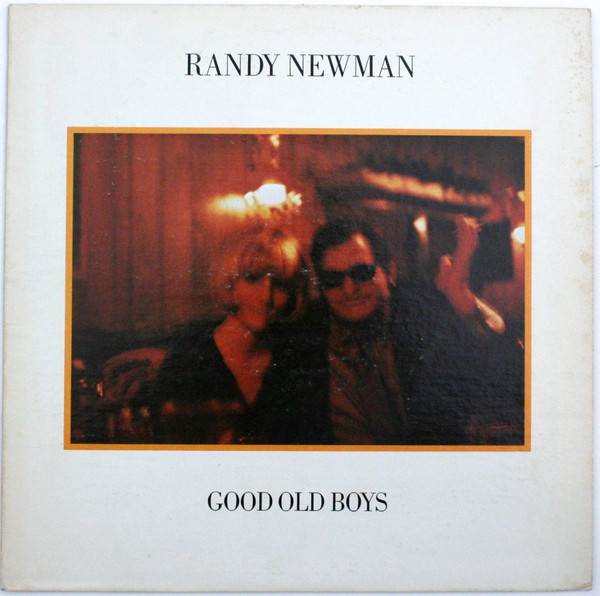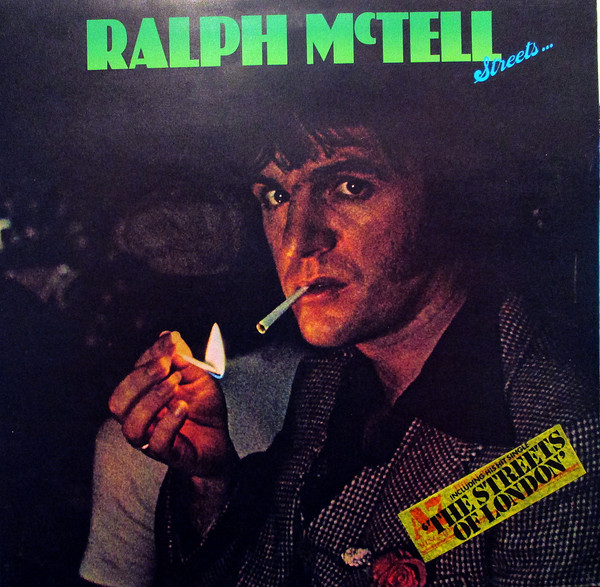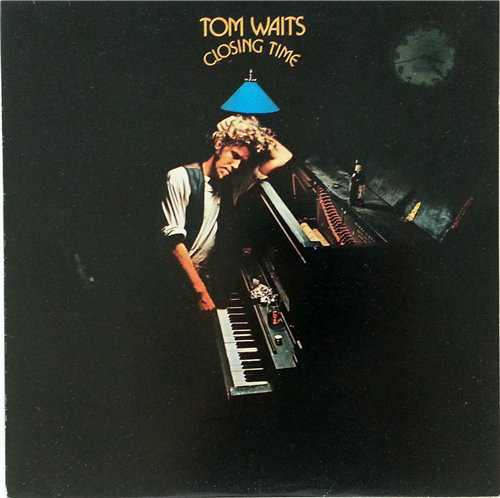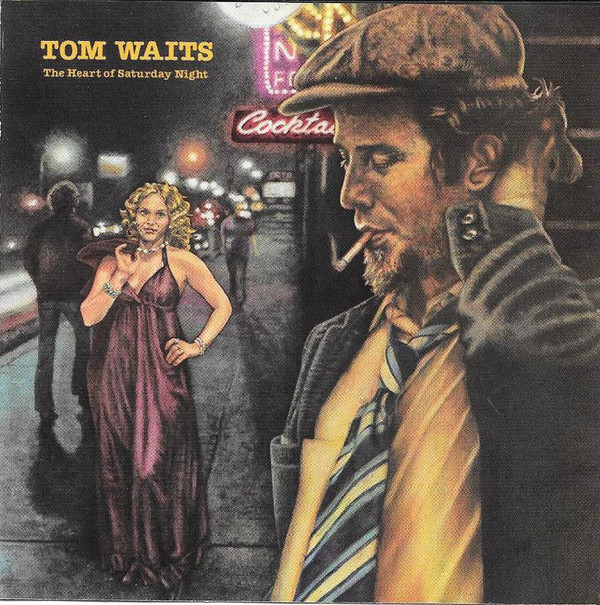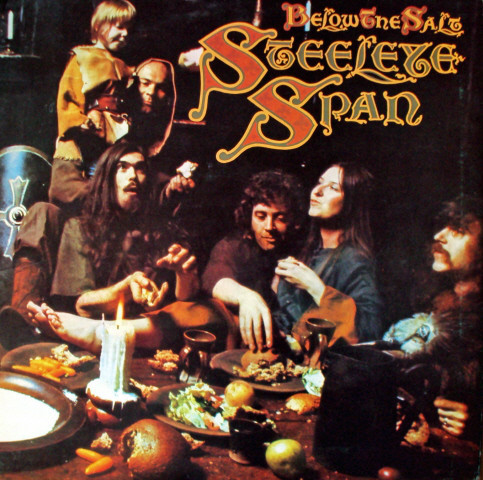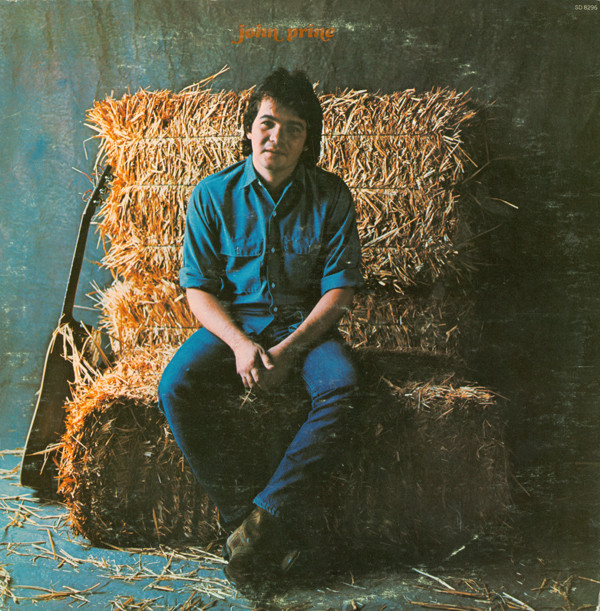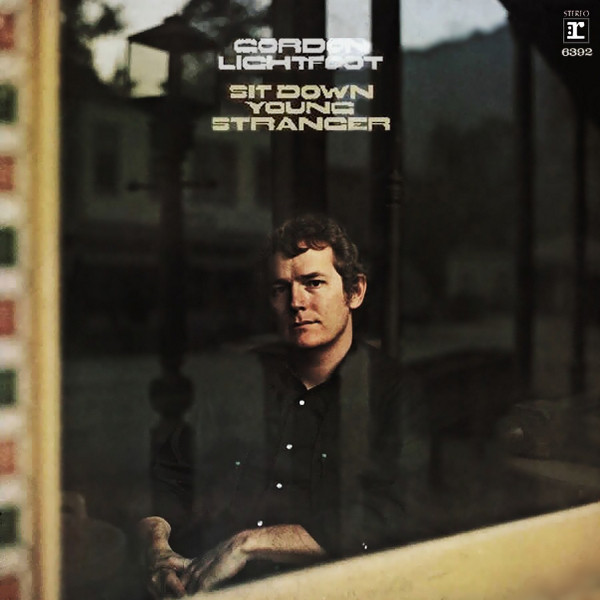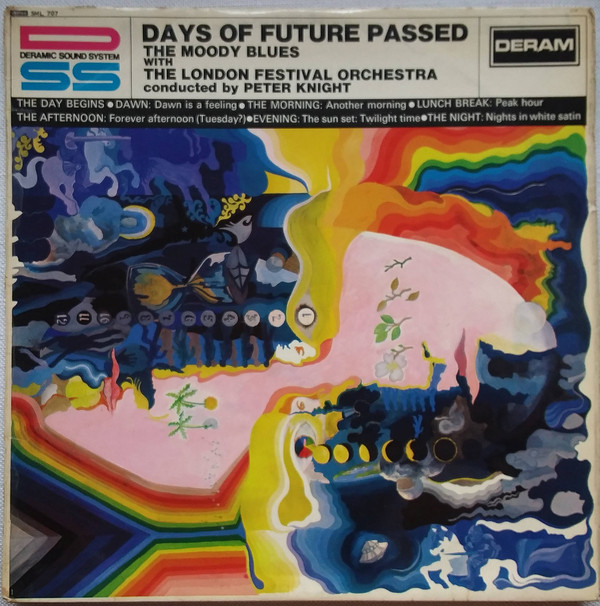“…most of Car Seat Headrest’s warm, intelligent, eclectic record has me giddy.”
–Stefan Milne on SeattleMet, April 30, 2020
“Far from experiencing growing pains, Car Seat seem to have had a lot of fun here.”
–Rhys Buchanan on NME, April 30, 2020
“…it takes the standard building blocks of mainstream pop and rearranges them into something idiosyncratic.”
–Alexis Petridis in The Guardian, April 30, 2020
“Toledo has created the kind of record that is the pinnacle of his work so far – masterfully teasing together the elements of Billboard-troubling rock, spacious, slow-burning dynamics, soul-searching intimacy, and, more than anything, songs that embrace his new found fame without compromising his artistry.”
–Chris Hatch on Secret Meeting, April 29, 2020
“‘Making A Door Less Open’ is Car Seat Headrest’s most ambitious project yet; and, most importantly, it lives up to that ambition, every angle of the album feeling exciting and vital.”
–Mia Hughes on Clash Music, April 29, 2020
“Between the cryptic Trait get-up, the heavy presence of electronic instrumentation, and Toledo’s lyrical shift from gut-spilling rambles to concise dispatches from various settings and perspectives, Making A Door Less Open feels like a very different Car Seat Headrest.”
–Eli Enis in Entertainment Weekly, April 29, 2020
“Making a Door Less Open ultimately sounds like an entertaining experiment, a test of Car Seat Headrest’s malleability and potential for new directions.”
–Kaelen Bell on Exclaim!, April 29, 2020
“The fresh aggravated sounds are a gift – gritty and vehemently true.”
–Evamoss on About That Record, April 29, 2020
“…a stepping stone into a better and more realized Car Seat Headrest.”
–Kyle J. Kohner in Riff Magazine, April 29, 2020
“Will Toledo has a special talent, creating engaging narratives that provide a unique perspective to the human experience.”
–Matty Pywell on Gigwise, April 28, 2020
“Album Of The Week: Car Seat Headrest Making A Door Less Open“
–James Rettig on Stereogum, April 28, 2020
“As one of the most genuinely interesting faces in indie rock to recently emerge, Car Seat Headrest have been gaining an increasing level of traction due to their assertive lo-fi sounds and frontman Will Toledo’s unusually intriguing voice and compelling lyrics. “
–Cameron Wright on Narc. Magazine, April 28, 2020
“Make up your own phrase for this new sound, or let it stay unspoken and ambiguous; either way, don’t go into it expecting anything at all, because this album will surprise you with every new hook and riff.”
–Frankie Hendricks on Alt Revue, April 28, 2020
“The new album is a masterclass in mixing influences seamlessly.”
–Isabel Crabtree on Loud and Quiet, April 27, 2020
“What’s new here, apart from the rippling synth lines and programmed beats, is the sense of fresh-start possibility and hard-won optimism that infuses nearly every track.”
–Alex Pappademas in the New York Times, April 23, 2020
“Car Seat Headrest’s ‘Making a Door Less Open’ Is an Indie Pop Triumph”
–Jonathan Leal on PopMatters, April 23, 2020
“Spoiler alert: The whole album is good!”
–Chris DeVille on Stereogum, April 23, 2020
“Car Seat Headrest have shared ‘There Must Be More Than Blood,’ the latest song from their forthcoming album Making a Door Less Open.”
–Noah Yoo on Pitchfork, April 23, 2020
“A slow-burning sizzler that sees Car Seat mastermind Will Toledo imploring ‘There must be more than blood / That holds us together,’ it’s a heartstring pulling look into the upcoming twelfth studio album that Will promises will be ‘full of songs that [have] a special energy, each one unique and different in its vision.'”
“Car Seat Headrest Shares ‘There Must Be More Than Blood’ Single”
–Nate Todd on JamBase, April 23, 2020
“Now, the group has debuted their upcoming record’s stunning, seven-minute centerpiece, ‘There Must Be More Than Blood’ with an acoustic video.”
–Carolyn Droke on Uproxx, April 23, 2020
“The new song is called ‘There Must Be More Than Blood,’ and it’s accompanied by an acoustic music video featuring a performance by Toledo as his newly debuted alter-ego, Trait.”
–Natalie Keogan on Paste, April 23, 2020
“In its mesmeric slow burn, album centerpiece ‘There Must Be More Than Blood’ presents another facet of the broad palette found on MADLO, with Toledo placing emphasis on the individual songs, each with its own ‘special energy.'”
—Broadway World, April 23, 2020
“Car Seat Headrest Share New Song ‘There Must Be More Than Blood’ and Acoustic Video for the Song”
–Christopher Roberts on Under the Radar, April 23, 2020
“It’s some of the most infectiously multifarious material Car Seat Headrest have ever released.”
–Gary Walker in Guitar Magazine, April 21, 2020
“Seamless melds of indie guitars and electronic pop, stuffed with spry choruses and poetic self-castigation… MADLO’s higher-fi moves demand wider attention.”
–June edition of MOJO Magazine, April 21, 2020
“Will Toledo rails against Hollywood in latest song from ‘Making a Door Less Open'”
–Alex Gallagher on NME, April 17, 2020
“The warped, jerky synth-rock of Hollywood will take its place on Will Toledo’s new record ‘Making A Door Less Open’, which is out on May 1 through Matador, promising a left turn in to experimental terrain.”
–Huw Baines on Stereoboard, April 17, 2020
“Blessing us today, Car Seat Headrest have unleashed the latest taste of their upcoming new album ‘Making A Door Less Open,’ sharing new track ‘Hollywood.’”
“Car Seat Headrest have shared the latest song from the new album Making a Door Less Open.”
–Evan Minsker on Pitchfork, April 16, 2020
“[Will Toledo] has further teased the record with a song called ‘Hollywood,’ which isn’t exactly laudatory about its namesake place.
–Derrick Rossignol on Uproxxx, April 16, 2020
“It’s a no-nonsense tune that features familiar heavy riffs, a big hook and heavy grooves.”
“‘Hollywood makes me want to puke’ is thrown at you with the velocity of a home run.”
–Matty Pywell on Gigwise, April 16, 2020
“CSH tapped Sabrina Nichols to helm the video for ‘Hollywood.’ The visual features an animated Trait, Toledo’s masked alter ego.”
–Nate Todd on JamBase, April 16, 2020
“The music video follows frontman Will Toledo’s alter ego in animated form, Trait, who is heavily featured on the album.”
–Natalia Keogan on Paste, April 16, 2020
“Car Seat Headrest isn’t holding back on their new song ‘Hollywood,’ which arrived today with a video directed by Sabrina Nichols.”
–Dustin Heidt in Variance Magazine, April 16, 2020
“[Will Toledo] channels a similar spirit of revision with his latest record, Making a Door Less Open, which has two takes: one recorded as a traditional rock band, and another built around synthesizers and sequenced sounds (as heard on lead single Can’t Cool Me Down).”
—Pitchfork’s “25 Most Anticipated Albums of Spring 2020,” April 1, 2020

